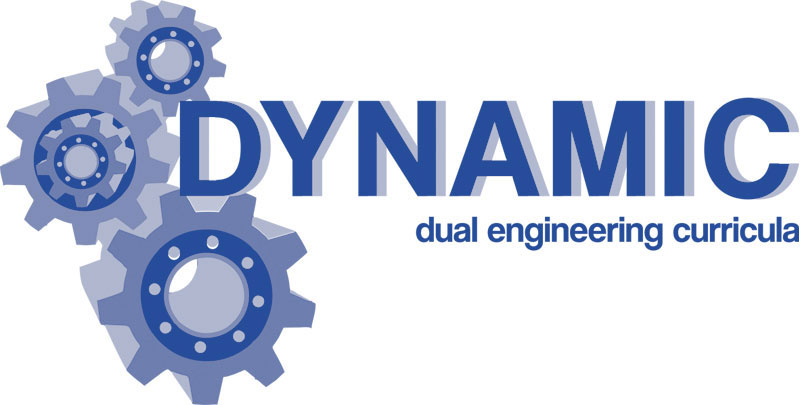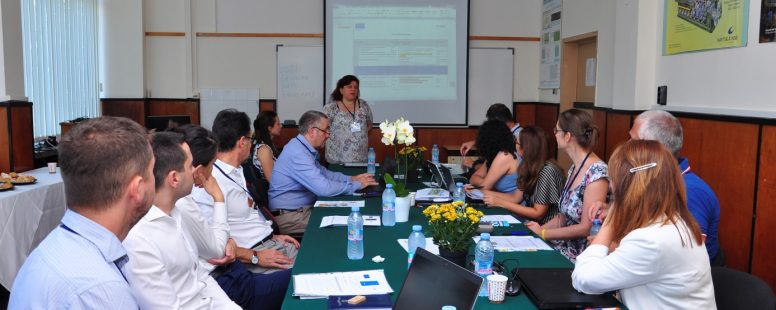The participants have seen the organization of practical training of students in a real working environment at Keppel FELS Baltech Ltd.
The 4th DYNAMIC Transnational Meeting was held in Varna over 3 days (from 1st to 3rd of September 2019 with the main purpose to bring together consortium partners as well as stakeholders to discuss about the actual status of dual study education with respect to project implementation as well as relevant research, theory, technologies and models.
The event offered the opportunity for university professors, researchers, students and industrial companies to share their experience, best practices, and ideas related to current and emerging issues associated with practice-integrated dual study education programs which strengthens the supply-demand feedback chain between University-Business-Cooperation.
It also enabled the partners to report and plan on the current and future state of the project. It involved updating the partners on progress achieved in the implementation of the dual education programmes in BG and RO (Mechatronics and Robotics; Marine engineering and Shipbuilding & Construction respectively) as well as the changes affecting implementation in HR where the project welcomed a new University partner needing to be speedily informed about the details, toolkits, and procedures of the project. It also served as the venue for the Transnational Multiplier Training (led by partners AHK BG and AHK RO). Other topics covered by the project team included management issues, study visits (including the visit of Romanian partner company Keppel FELS Baltech Ltd), external evaluation, dissemination activities, and exchanges about the final project conference to be held in Sofia in Autumn 2020 (more on this conference can be expected early next year).
The Study Visit at Keppel FELS Baltech Ltd on 4th of September enabled the partners to see the work environment and talk to students and mentors of this company. A tour of the different work stations and how tasks for new, older (and even ex-students having become staff members) can vary based on study progression. Overall the visit provided insights of how enterprise partners could organise and structure such work placements and staff oversight and mentoring.

